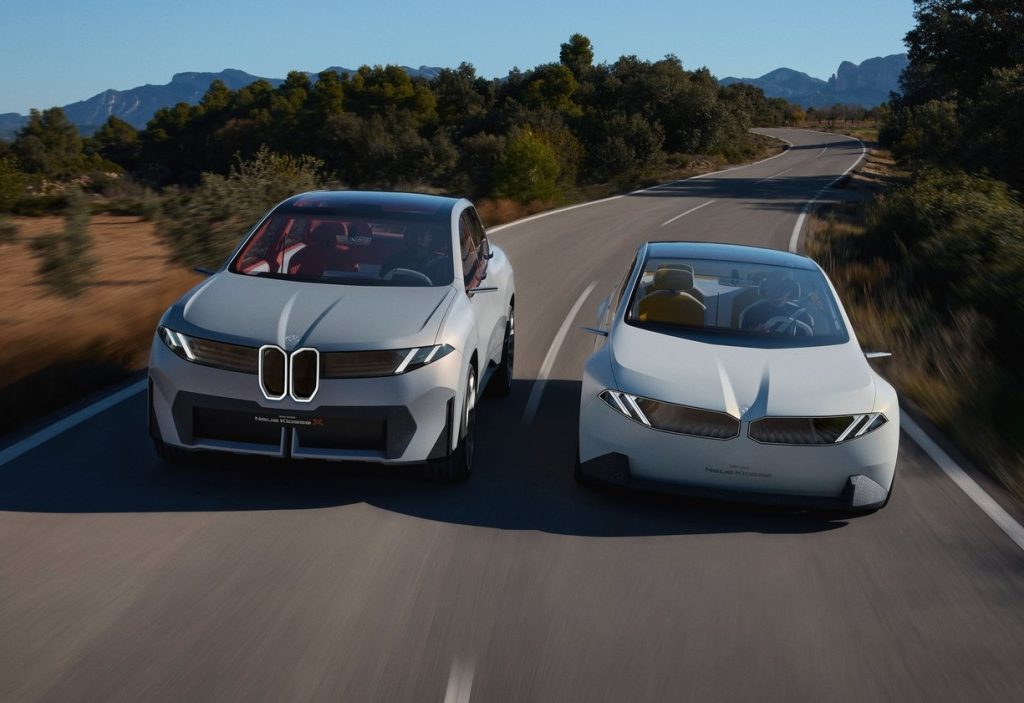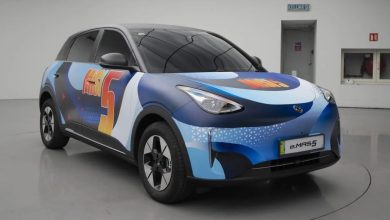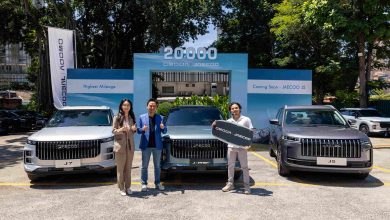Europe Imposes Tariffs Of Up To 38% On China-Made EV Imports

This new tariff planned for China-made EVs sold in Europe is on top of the 10% duty currently levied.
The European Commission has recently confirmed that it will be imposing extra duties on imported Chinese electric cars from July, with tariff rates that go as high as 38.1%. This announcement comes less than a month after Washington announced plans to quadruple duties for Chinese EVs to 100%, and Türkiye having imposed a 40% additional tariff on imports of vehicles from China.
These additional tariffs comes as a result of an anti-subsidy investigation launched into Chineses EVs by the European Union back in October last year. The duties are currently provisional, but will be introduced from July 4th in the event of unfruitful talks with Chinese authorities to reach a resolution.
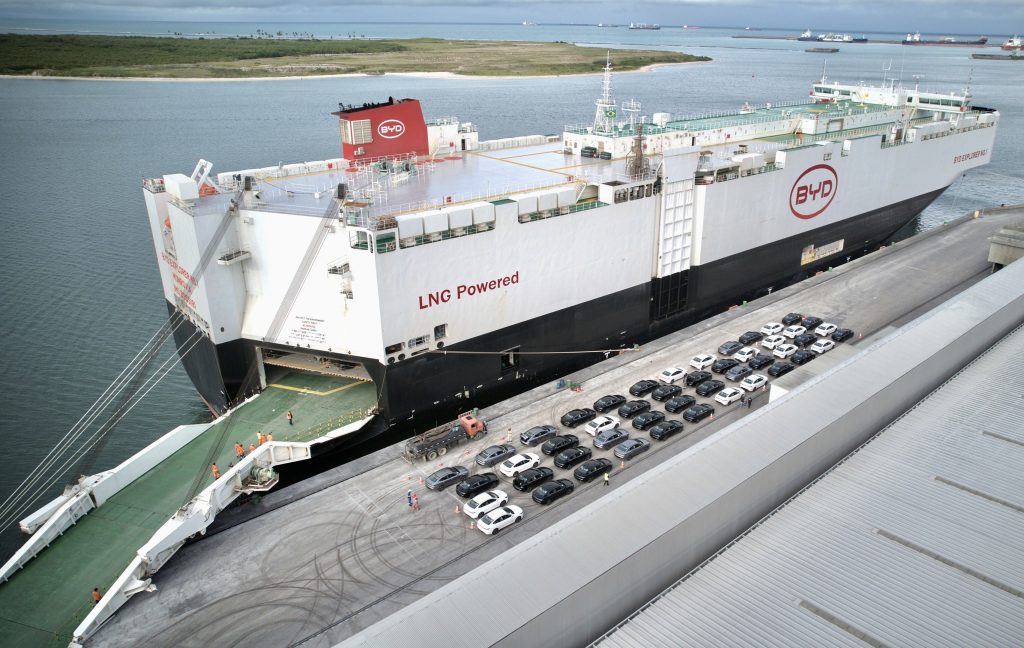
Breaking down the tariffs imposed in a little bit more detail here, the bloc is currently imposing a general 38.1% tariff on battery-electric vehicle producers who did not cooperate with its investigation. A lower 21% duty meanwhile will be imposed on carmakers in the Asian country who complied to the investigation, but have not been sampled specifically.
A separate set was also disclosed individual tariffs had also been disclosed by the commission for three Chinese automakers: BYD (17.4%), Geely (20%) and SAIC (38.1%). Tesla, currently the largest exporter of cars to Europe from China, may also receive a company-specific rate because of a specific request it had previously made.
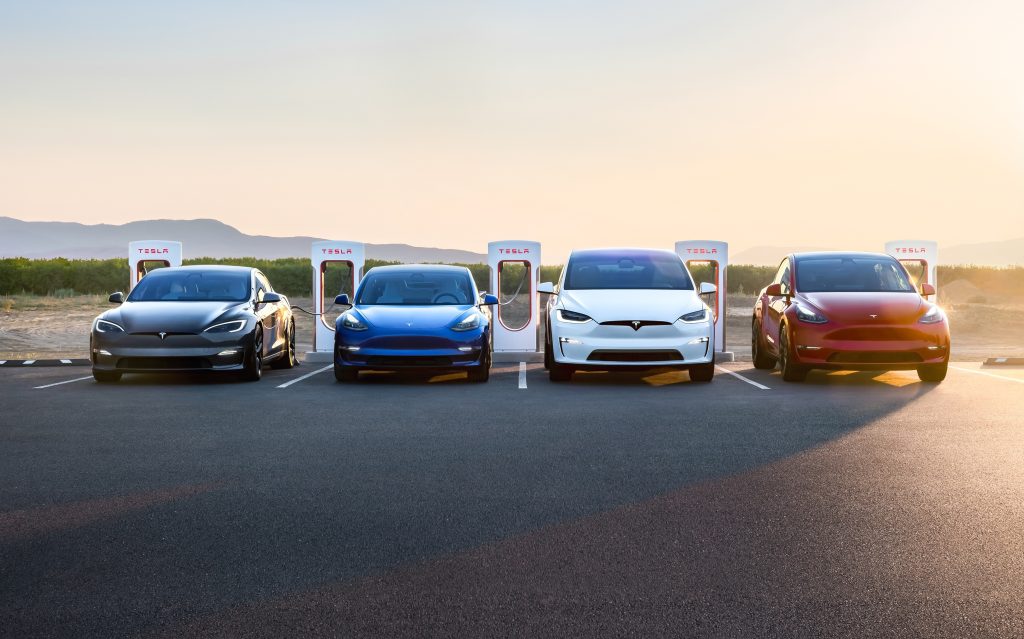
Now it is worth highlighting here that western automakers will now incur duties on their EVs made in China and sold in Europe as well, with the likes of Volvo and BMW therefore to see additional taxes slapped on some of its cars from this recent announcement. Similarly worth noting too is that these aforementioned charges would come on top of the current rate of 10% tariff levied on all electric cars produced in China, which in turn takes the highest overall rate to nearly 50%.
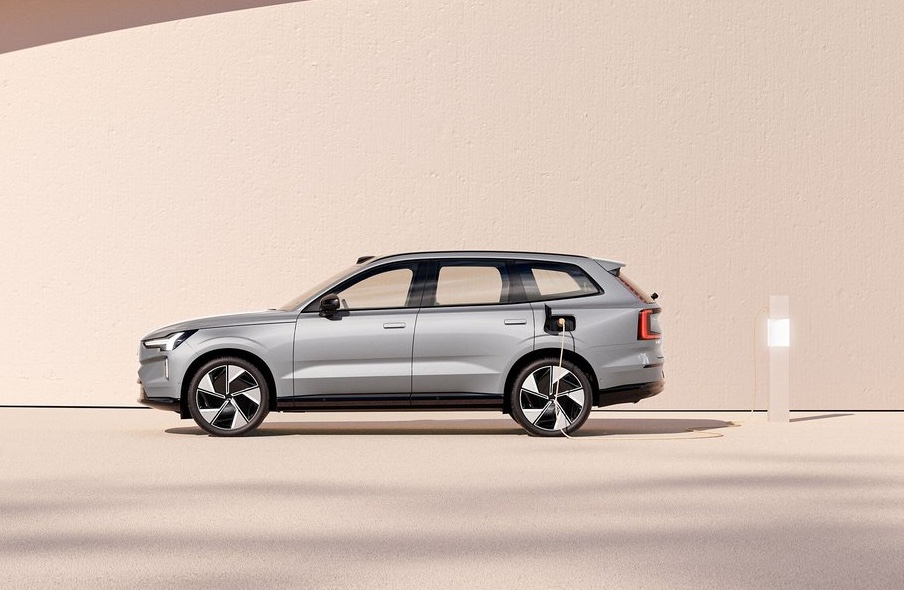
Analysts have previously stated that China’s auto industry has cost advantages over its foreign competitors due in part to government subsidies, in addition to the nation’s dominance of battery-minerals refining. The high level of competition currently present in its home market also has driven companies to innovate in ways that have since brought EV costs down, to the tune of around 20% below those of EU-made models, alleged the European Commission.
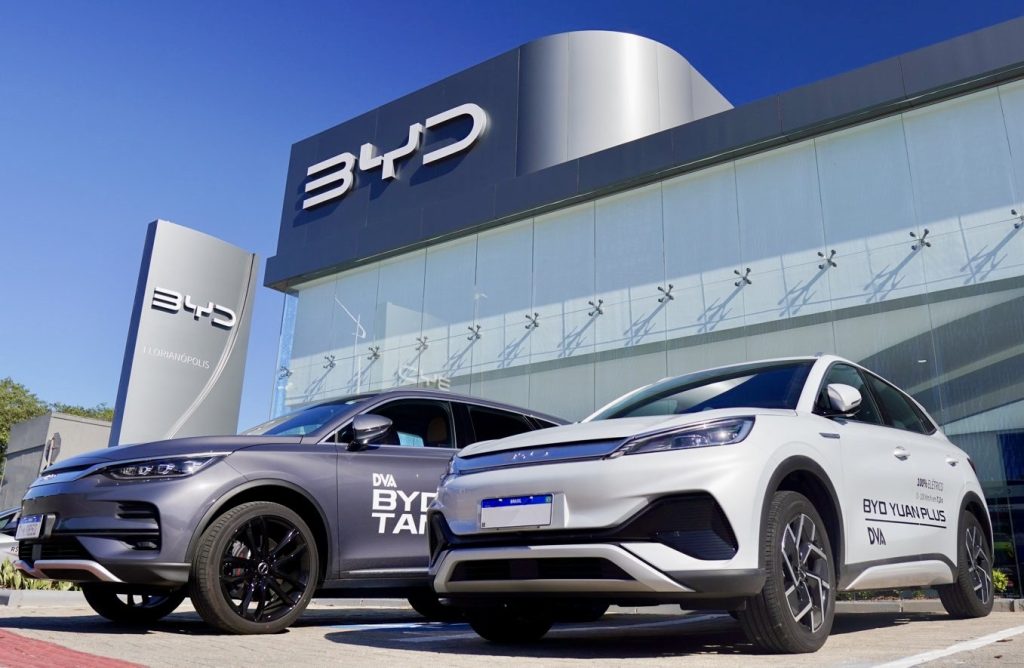
Trade tensions between the EU and China have been steadily bubbling away for quite a few months now, with EVs being among the hotter flashpoints. The European bloc asserts for this recent imposition of tariffs to counteract what it believes as excessive subsidies given to EV makers by the Chinese government, with it further accusing for Beijing to be dumping excess cars into the global market.
European policymakers are also keen to avoid a repeat of the solar panels saga a decade ago, when the EU took only limited action to curb Chinese imports and many European manufacturers collapsed from struggling to compete with these cheaper competition. Brussels currently estimates the share of Chinese EVs in the EU market has risen to 8% from below 1% in 2019, and forecasts that it could reach 15% in 2025.
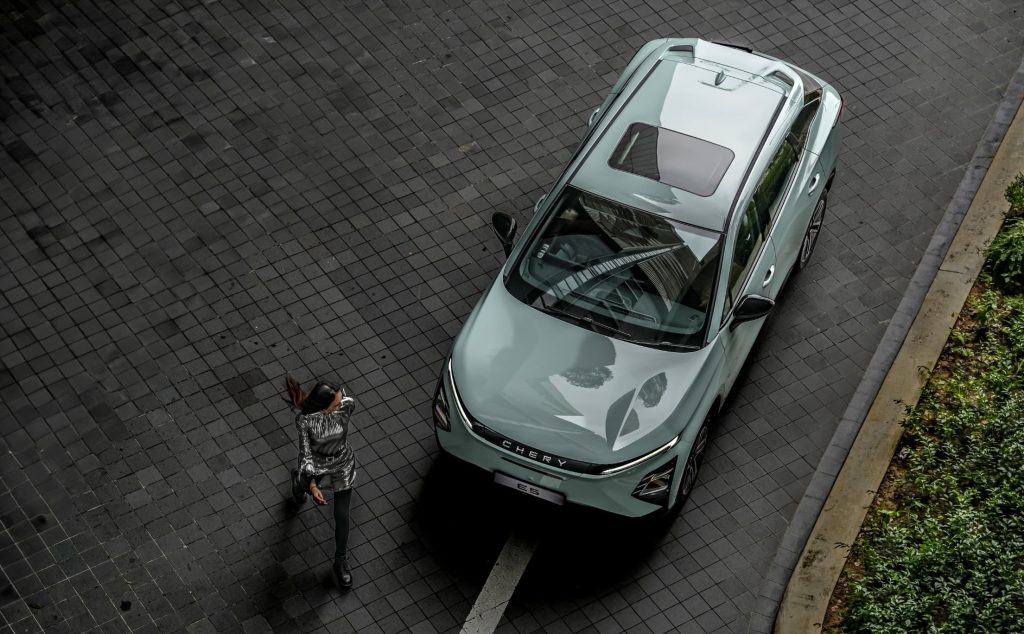
Some economists presently hold the belief that the immediate effect of the additional duties would be very small in economic terms. The Kiel Institute for the World Economy has forecast that a 20% tariff (around the average extra to be imposed by the EU, would reduce Chinese EV imports by 25%) would largely offset by higher production in Europe, although European carmakers would not necessarily fill the gap.
As for the reactions to these imposed tariffs, Chinese foreign ministry spokesperson Lin Jian said that the EU’s investigation was a “typical case of protectionism”. He further adds that these tariffs would damage China-EU economic cooperation and the stability of the global automobile production and supply chains.
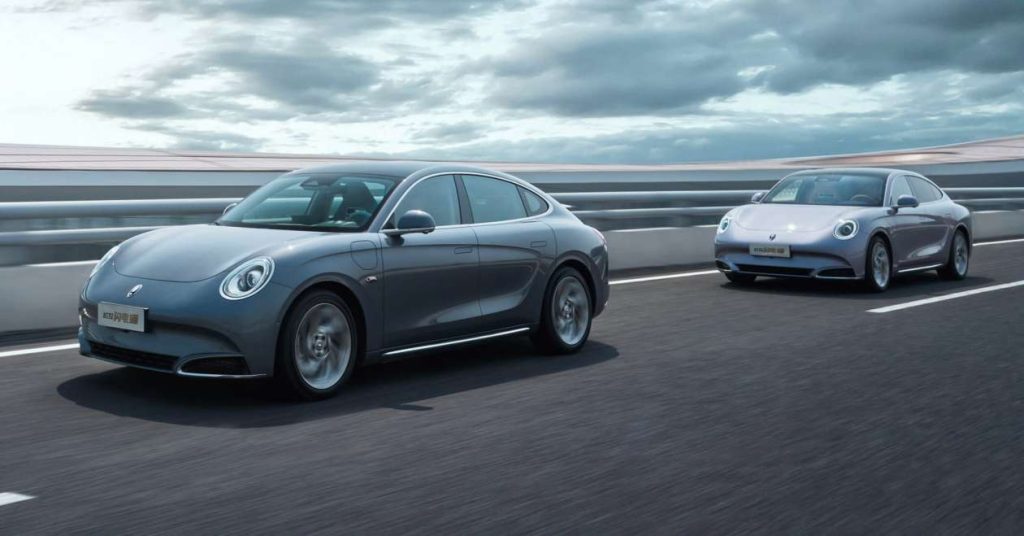
Chery Auto, China’s largest automaker by export volume, has meanwhile responded to this news by reiterating the company plans to start EV production by year end at its recently acquired factory in Spain, its first manufacturing site in Europe. Rivals BYD and Great Wall Motor are also looking to set up manufacturing and assembly plants in the region, in the aim of sidestepping these tariffs.
More interesting though in terms of responses come from the Western automakers themselves, with this announcement of tariffs also surprisingly drawing flak from those who it not-so-subtly aims to protect. Volkswagen has since warned that the negative effects of tariffs would outweigh any potential benefits, while BMW said the planned tariffs were “the wrong way to go”.
